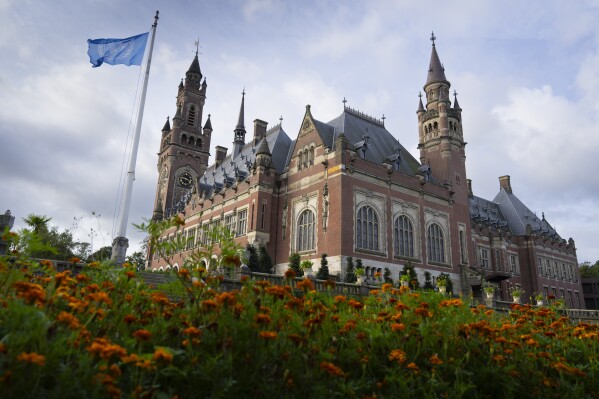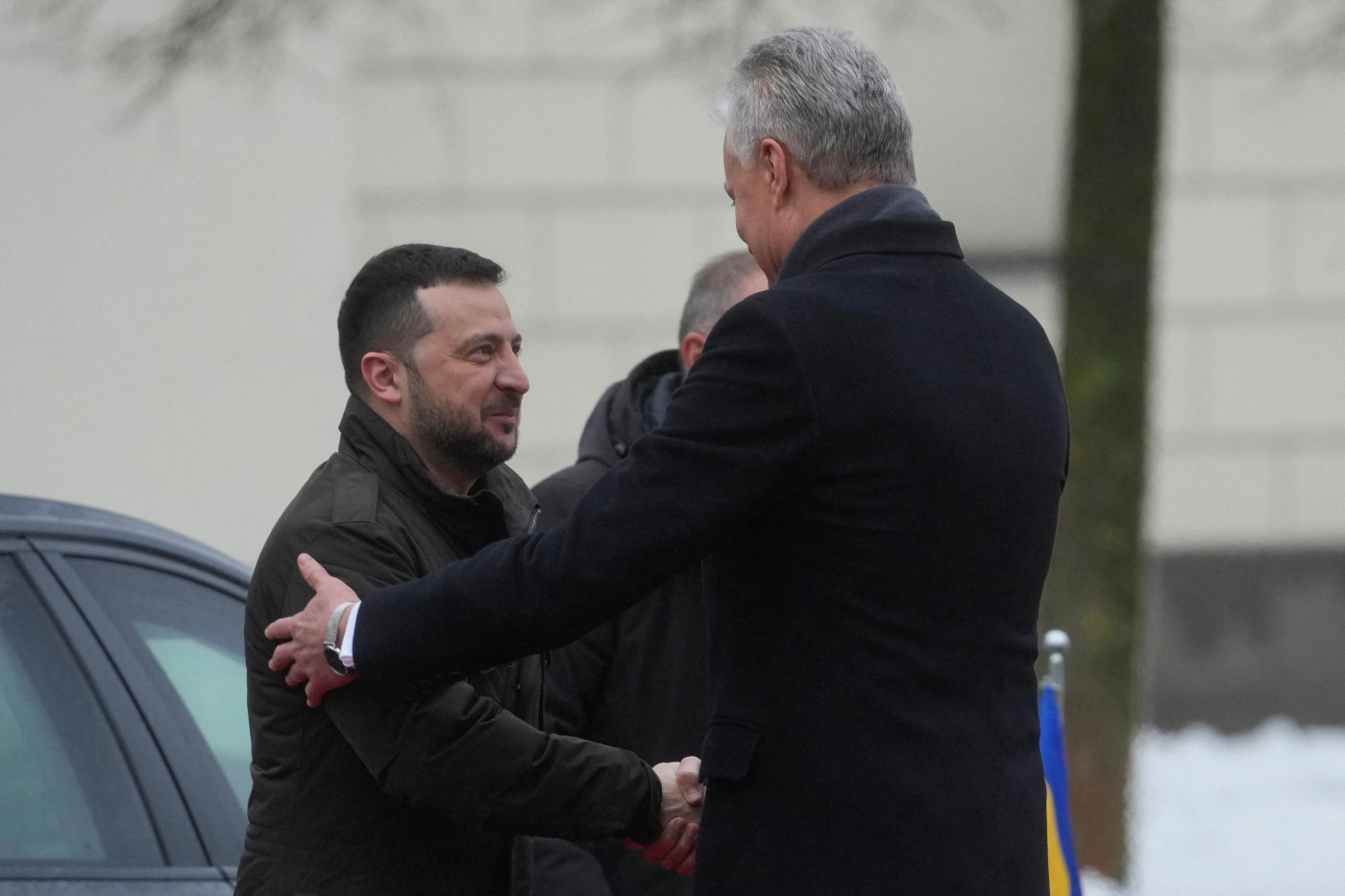Vladimir Putin and Joe Biden Have a Shared Headache
Presidents Joe Biden and Vladimir Putin both have a problem with the youth vote as they head into pivotal 2024 elections, though the challenge is far less pressing for the Kremlin given the near certainty of another carefully orchestrated electoral "win."
A survey published this week by the research department at the University of Chicago, NORC, found a notable lack of support for the 71-year-old leader among young Russians, though most voters still support Putin despite the lack of youth enthusiasm.
Conducted between November 13 and November 21, 2023, the project surveyed more than 1,000 people living in areas across Russia via telephone interviews. The poll included people living in occupied Crimea, but not areas under Russian control in the eastern Ukrainian Donbas region.
Surveys in Russia carry questionable weight given the totalitarian nature of the Kremlin regime. Criticism of Russia's war on Ukraine—referred to by Moscow as its "special military operation"—is punishable by years in prison, and the evisceration of any organized political or civil opposition to Putin's kleptocracy has deprived anti-government Russians of spaces in which to organize.
Still, the NORC poll suggested that Russia's youngest voters are the least pro-Putin, with only 53 percent of those under the age of 30 intending to vote for the president. Those aged 60 and over were Putin's strongest backers, with 73 percent planning to vote for the incumbent. Women proved more likely to express their support of Putin's candidacy (70 percent) compared with men (61 percent).
Newsweek has contacted the Kremlin by email to request comment.
Putin's prime rival abroad is also grappling with sluggish youth support. As Biden prepares for his reelection fight this year, polls suggest that America's youngest voters are less enthused by him than they were in 2020.
A New York Times/Siena College poll released in December, for example, showed former President Donald Trump leading Biden by six points among those under 30.
The president is seemingly struggling to mobilize America's youth amid their concerns regarding U.S. support for Israel's war in the Gaza Strip, as well as Biden's failure to deliver on issues including climate change, student debt, and voting rights.
Putin has far fewer domestic headaches. There is no doubt that he will win reelection in March, extending his 24-year stint leading the country as either president or prime minister. Kremlin spokesperson Dmitry Peskov predicted in August that his boss would be "reelected next year with more than 90 percent of the vote."
Overall, 65 percent of Russians said they supported Putin's widely expected March reelection as president, 53 percent "strongly." Only 7 percent said they would disapprove, and 18 percent said they neither supported nor opposed such an outcome.
Despite the strong support for Putin, 74 percent of respondents said it is important to have an opposition in the national political system. Challengers to Putin and his United Russia party are always allowed to run in elections, but are carefully controlled by the Kremlin. Any deemed a genuine threat are barred from contests.
Russians appear split on the status quo. Forty-two percent of those surveyed said the time for political reform is now, while 46 percent disagreed. Twelve percent said the question was too difficult to answer.
Most grievances among respondents related to corruption and the state of the economy, both of which were the main concerns of 55 percent of respondents. Thirty-two percent of those surveyed said they were worse off now than two years ago, though 19 percent said they were better off and 48 percent had experienced no change. Most of those worse off—65 percent—blamed rising prices.
Putin's policies appear to be more popular regarding foreign affairs than domestic, with 67 percent of those polled saying they approve of the former versus 58 percent who approve of the latter. Sixty-three percent said they support the invasion of Ukraine, the most popular reason being the belief that Russia is standing up to NATO and the West.
Thirty-four percent, though, said they were worried that the Ukraine war would evolve into a direct clash with NATO.
Disclaimer: The copyright of this article belongs to the original author. Reposting this article is solely for the purpose of information dissemination and does not constitute any investment advice. If there is any infringement, please contact us immediately. We will make corrections or deletions as necessary. Thank you.


